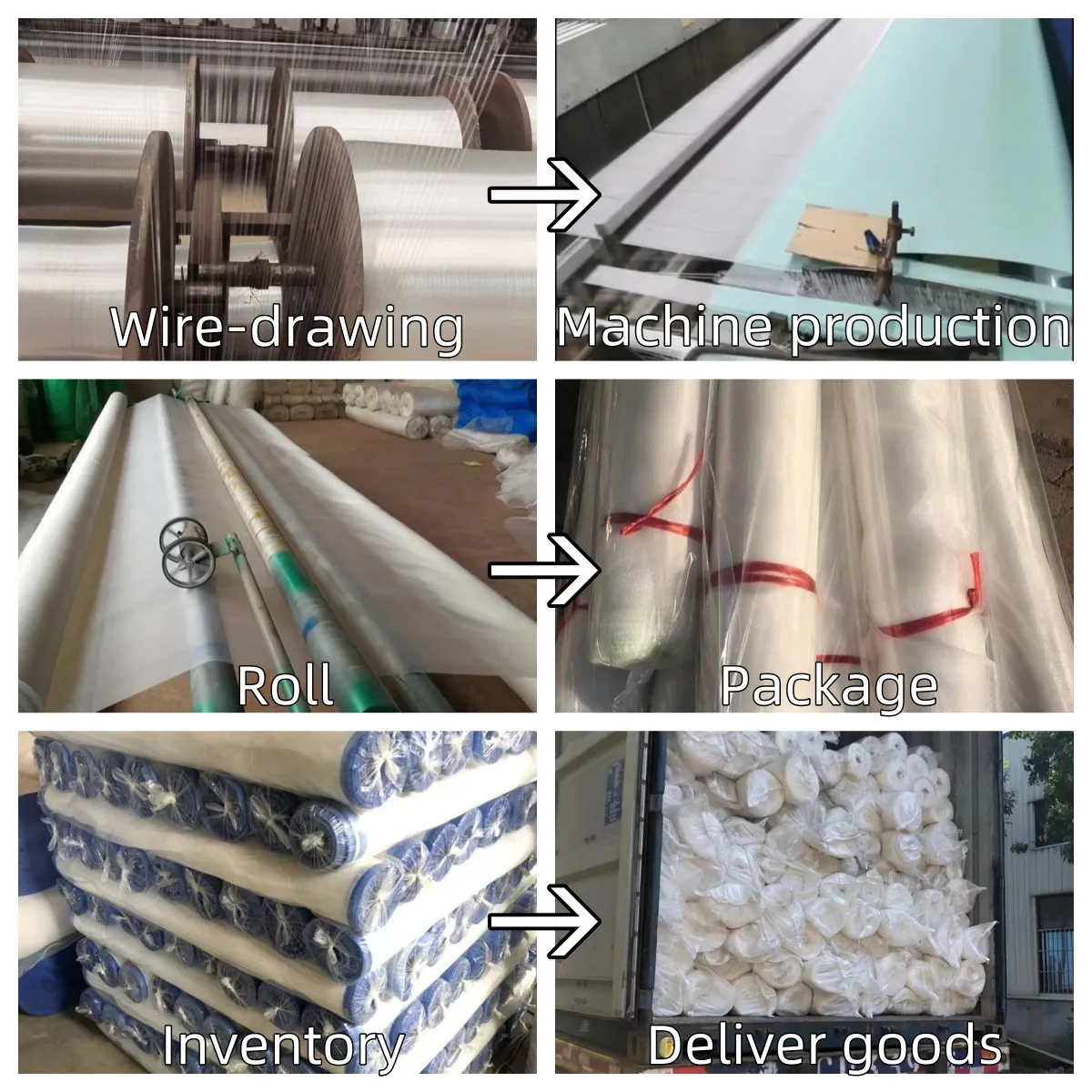-
 Afrikaans
Afrikaans -
 Albanian
Albanian -
 Amharic
Amharic -
 Arabic
Arabic -
 Armenian
Armenian -
 Azerbaijani
Azerbaijani -
 Basque
Basque -
 Belarusian
Belarusian -
 Bengali
Bengali -
 Bosnian
Bosnian -
 Bulgarian
Bulgarian -
 Catalan
Catalan -
 Cebuano
Cebuano -
 China
China -
 Corsican
Corsican -
 Croatian
Croatian -
 Czech
Czech -
 Danish
Danish -
 Dutch
Dutch -
 English
English -
 Esperanto
Esperanto -
 Estonian
Estonian -
 Finnish
Finnish -
 French
French -
 Frisian
Frisian -
 Galician
Galician -
 Georgian
Georgian -
 German
German -
 Greek
Greek -
 Gujarati
Gujarati -
 Haitian Creole
Haitian Creole -
 hausa
hausa -
 hawaiian
hawaiian -
 Hebrew
Hebrew -
 Hindi
Hindi -
 Miao
Miao -
 Hungarian
Hungarian -
 Icelandic
Icelandic -
 igbo
igbo -
 Indonesian
Indonesian -
 irish
irish -
 Italian
Italian -
 Japanese
Japanese -
 Javanese
Javanese -
 Kannada
Kannada -
 kazakh
kazakh -
 Khmer
Khmer -
 Rwandese
Rwandese -
 Korean
Korean -
 Kurdish
Kurdish -
 Kyrgyz
Kyrgyz -
 Lao
Lao -
 Latin
Latin -
 Latvian
Latvian -
 Lithuanian
Lithuanian -
 Luxembourgish
Luxembourgish -
 Macedonian
Macedonian -
 Malgashi
Malgashi -
 Malay
Malay -
 Malayalam
Malayalam -
 Maltese
Maltese -
 Maori
Maori -
 Marathi
Marathi -
 Mongolian
Mongolian -
 Myanmar
Myanmar -
 Nepali
Nepali -
 Norwegian
Norwegian -
 Norwegian
Norwegian -
 Occitan
Occitan -
 Pashto
Pashto -
 Persian
Persian -
 Polish
Polish -
 Portuguese
Portuguese -
 Punjabi
Punjabi -
 Romanian
Romanian -
 Russian
Russian -
 Samoan
Samoan -
 Scottish Gaelic
Scottish Gaelic -
 Serbian
Serbian -
 Sesotho
Sesotho -
 Shona
Shona -
 Sindhi
Sindhi -
 Sinhala
Sinhala -
 Slovak
Slovak -
 Slovenian
Slovenian -
 Somali
Somali -
 Spanish
Spanish -
 Sundanese
Sundanese -
 Swahili
Swahili -
 Swedish
Swedish -
 Tagalog
Tagalog -
 Tajik
Tajik -
 Tamil
Tamil -
 Tatar
Tatar -
 Telugu
Telugu -
 Thai
Thai -
 Turkish
Turkish -
 Turkmen
Turkmen -
 Ukrainian
Ukrainian -
 Urdu
Urdu -
 Uighur
Uighur -
 Uzbek
Uzbek -
 Vietnamese
Vietnamese -
 Welsh
Welsh -
 Bantu
Bantu -
 Yiddish
Yiddish -
 Yoruba
Yoruba -
 Zulu
Zulu
Exploring the Impact of Plastic Waste on Chicken Farming and Sustainable Practices in Agriculture
The Dilemma of Chicken Net Plastic A Growing Environmental Concern
In today's rapidly evolving world, the intersection of agriculture and environmental sustainability raises important questions about our practices and their impacts on the planet. One particularly pressing issue is the use of plastic in the poultry industry, specifically with chicken net plastic. As demand for poultry products soars, so does the reliance on plastic materials in the production and packaging processes, leading to significant environmental challenges.
Understanding Chicken Net Plastic
Chicken net plastic is primarily used in packaging broiler chickens and eggs. It provides a means of protecting the products during transportation and storage, ensuring that they reach consumers in a fresh and safe condition. However, this convenience comes at a cost. The vast majority of plastics, including those used in chicken nets, are not biodegradable and contribute to the growing problem of plastic waste in our land and waterways.
Environmental Impact
The implications of plastic waste from the poultry industry are dire. According to research, millions of tons of plastic find their way into oceans each year, contributing to the death of marine life and detrimentally affecting ecosystems. In addition, microplastics have been discovered in food chains, including seafood and, consequently, within human diets. The leaching of chemicals from plastics into the environment poses risks to both wildlife and human health, leading to a need for urgent action.
Alternatives and Solutions
chicken net plastic

In light of these challenges, many farmers and companies in the poultry sector are seeking alternative solutions to reduce reliance on plastic. One promising approach involves the use of biodegradable materials for chicken packaging. Innovations in plant-based plastics offer a potential path forward, allowing for the convenience of traditional plastic while minimizing environmental impact. Additionally, reusable packaging systems can be employed, significantly cutting down on single-use plastic waste.
Moreover, industry stakeholders can implement advanced waste management systems that focus on recycling and upcycling chicken net plastic. By recovering and reprocessing these materials, the poultry industry can reduce its overall plastic footprint and contribute to a circular economy. Public awareness campaigns that encourage proper waste disposal practices among consumers can also play a critical role in reducing litter and ensuring that plastics are dealt with responsibly.
Consumer Responsibility and Advocacy
Consumers also hold a vital role in addressing the issues associated with chicken net plastic. By supporting brands that prioritize sustainable packaging and advocating for better environmental practices, they can drive demand for change in the poultry industry. Additionally, embracing diets that emphasize plant-based alternatives can reduce the overall consumption of poultry products, subsequently decreasing the industry's environmental burden.
Conclusion
The challenge of chicken net plastic exemplifies the broader environmental crises we face today. As we grapple with the repercussions of our consumption patterns, it is crucial to seek innovative solutions within the poultry industry and beyond. By prioritizing sustainability, embracing alternative materials, and promoting responsible consumer behavior, we can create a healthier planet for future generations. It is imperative that all stakeholders—farmers, corporations, and consumers—collaborate to shift the paradigm, envisioning a world where the convenience of modern practices does not come at the expense of ecological integrity. The road ahead may be daunting, but with concerted effort and determination, meaningful change is achievable.
-
Shipping Plastic Bags for Every NeedNewsJul.24,2025
-
Safety Netting: Your Shield in ConstructionNewsJul.24,2025
-
Plastic Mesh Netting for Everyday UseNewsJul.24,2025
-
Nylon Netting for Every UseNewsJul.24,2025
-
Mesh Breeder Box for Fish TanksNewsJul.24,2025
-
Expanded Steel Mesh Offers Durable VersatilityNewsJul.24,2025











